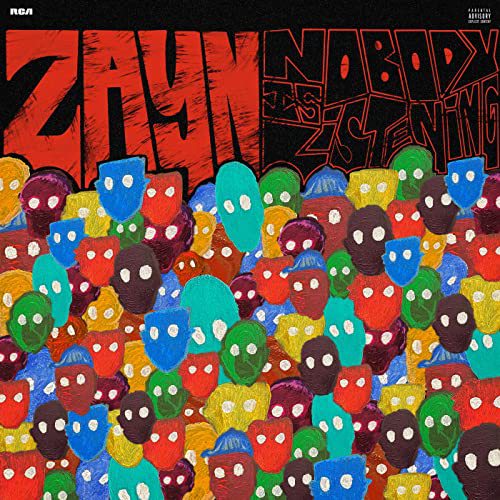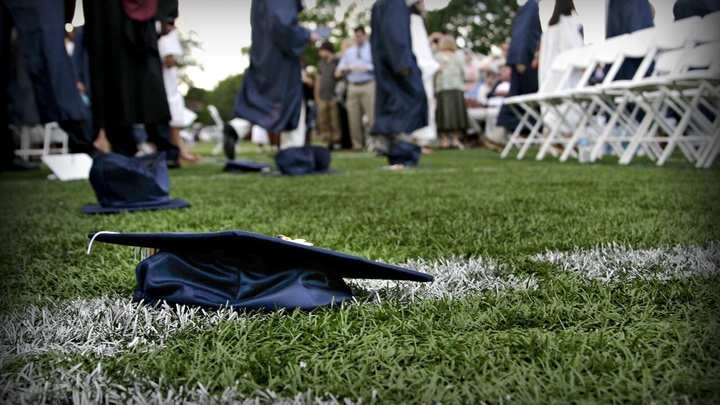Three out of every four economists in the United States are predicting the American economy will head into a recession by the year 2021, the Washington Post reports.
This new recession will occur just over a decade after the last financial crisis wreaked havoc on the global economy, where the United States alone lost 13 trillion dollars in total Gross Domestic Product. Many have still not recovered from the 2008 crisis, forcing many major financial institutions to close their doors and hundreds of thousands of people to lose their jobs.
Economists are basing their predictions on an economic anomaly that has occurred before every recession in the United States since the 1950s. When the interest rates of long-term government bonds dip below the interest rates of short-term government bonds, that is called an inverted yield curve and it predicted the 2001 dot-com bubble burst and the 2008 financial crisis. However, many are skeptical of this yield-curve inversion. On Aug. 19, Commerce Secretary, Wilbur Ross, insisted that there is little to no correlation between recession and the yield-curve.
“Eventually there’ll be a recession,” Ross explained to Fox Business. “But this inversion is not as reliable, in my view, as people think. Anything that takes 22 months to affect the economy and in some cases the inversion has taken that. That’s a long way and a lot of the variables come in during the 22-month period. Beyond which, normally inversions have occurred in the period of tightening money, tightening credit.”
However, some remain optimistic. On Sep. 6, Federal Reserve Chairman, Jerome Powell, said that the likelihood of the United States entering a recession is “extremely low.” He even hinted at the possibility of the Federal Reserve Bank cutting interest rates even further to spur additional economic growth.
“We’re not forecasting or expecting a recession,” Powell assured. “The most likely outlook is still moderate growth, a strong labor market and inflation continuing to move back up.”
However, Powell noted that the ongoing trade war between the United States and China is generating a ton of economic instability and might further escalate the possibility of a recession. The trade war, which was initiated by President Donald Trump, could cost Americans $650 per household due to the high volume of tariffs and import taxes instilled on Chinese products. As a result, President Trump announced that a portion of the tariffs such as on cell-phones, toys and computers would be delayed until the end of December to avoid an economic slowdown during the holiday season. Despite the delay, President Trump echoed Powell’s sentiments and urged Americans not to worry.
“I don’t think we’re having a recession,” Trump maintained to reporters on Aug. 19. “We’re doing tremendously well. Our consumers are rich. I gave a tremendous tax cut, and they’re loaded up with money.”
Ultimately, the American consumer will decide the fate of the economy in the next few years. Consumers are responsible for over 70% of economic growth. If the current trend in spending increases, we may be in the clear. However, if we are not in the clear, Generation Z will be the ones who will be hurt the most. As reported by HireRight, by 2020 Generation Z will comprise 40% of all consumers in the U.S. At the same time, the oldest of Generation Z will be graduating college and entering the work-force. It’s also important to keep in mind, as reported by the Board of Governors of the Federal Reserve System, that Americans owe more than $1.53 trillion in student loan debt. With a potential recession on the horizon, Generation Z has much to consider as they navigate adulthood.














